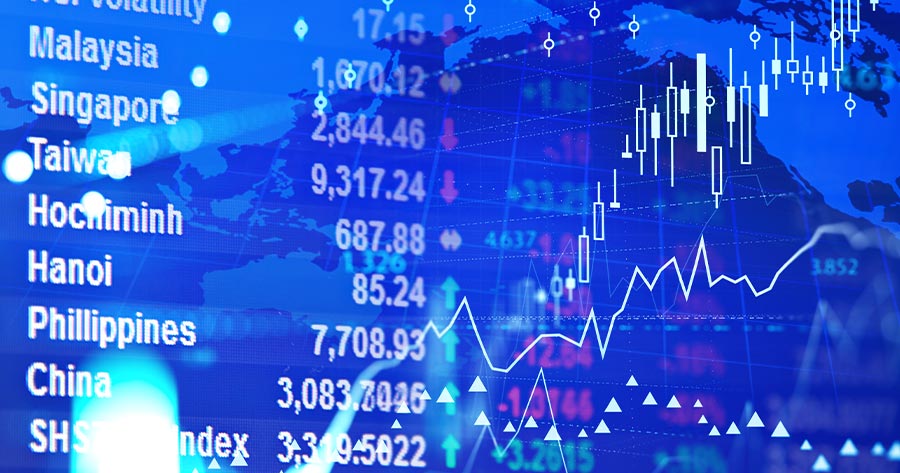On Thursday morning (9 October, 9:24 AM, GMT+7, Bangkok time), most indices in Asia Pacific increased as renewed enthusiasm for AI-related companies on Wall Street propelled major U.S. benchmarks to new highs. The rally, led by investors’ appetite for firms benefiting from the AI boom, has spilled over into Asian markets, boosting sentiment across the region.
China’s markets have drawn particular attention as trading resumed following the Golden Week holiday. Investors are closely evaluating whether the current AI-driven optimism is strong enough to offset ongoing concerns about softer consumer spending signals in the world’s second-largest economy.
On the geopolitical front, U.S. President Donald Trump announced significant progress in U.S.-brokered negotiations between Israel and Hamas. According to Trump, both parties had agreed to terms for the release of all hostages held by Hamas in Gaza, marking a potential breakthrough in efforts to resolve the ongoing two-year conflict.
Meanwhile, amid the ongoing U.S. government shutdown, market participants turned to the minutes from the latest Federal Reserve meeting for guidance. The minutes revealed that officials remain open to further interest rate reductions this year, although many voiced concerns about persistent inflation, prompting a cautious approach to future policy moves.
Notably, markets in South Korea were closed for a holiday.
Japan’s NIKKEI surged by 1.14% to 48,281.16, and Australia’s ASX 200 climbed by 0.26% to 8,971.
As for stocks in China, Shanghai’s SSEC rose by 0.37% to 3,897.21. Shenzhen’s SZI grew by 0.69% to 13,620.03, while Hong Kong’s HSI declined by 0.62% to 26,663.58.
The U.S. stock markets edged up on Wednesday as NASDAQ expanded by 1.12% to 23,043.37. S&P 500 added 0.58% to 6,753.72, while the Dow Jones Industrial Average (DJIA) remained unchanged at 46,601.78. VIX plummeted by 5.45% to 16.3.
As for commodities, oil prices settled higher on Wednesday as traders anticipated persistent sanctions on Moscow amid stalled progress in Ukraine peace negotiations. The outlook for continued restrictions supported crude markets, while fresh data showed an uptick in U.S. oil consumption, lending additional strength to prices. Brent crude futures ended the session up 80 cents, or 1.2%, at $66.25 per barrel. U.S. West Texas Intermediate (WTI) crude settled 82 cents higher, or 1.3%, at $62.55 per barrel.
This morning, Brent futures dropped 35 cents, or 0.53%, to $65.9 a barrel, and the WTI lost 43 cents, or 0.69%, to $62.12 per barrel.
Meanwhile, gold futures decreased by 0.92% to $4,033.1 per Troy ounce.



